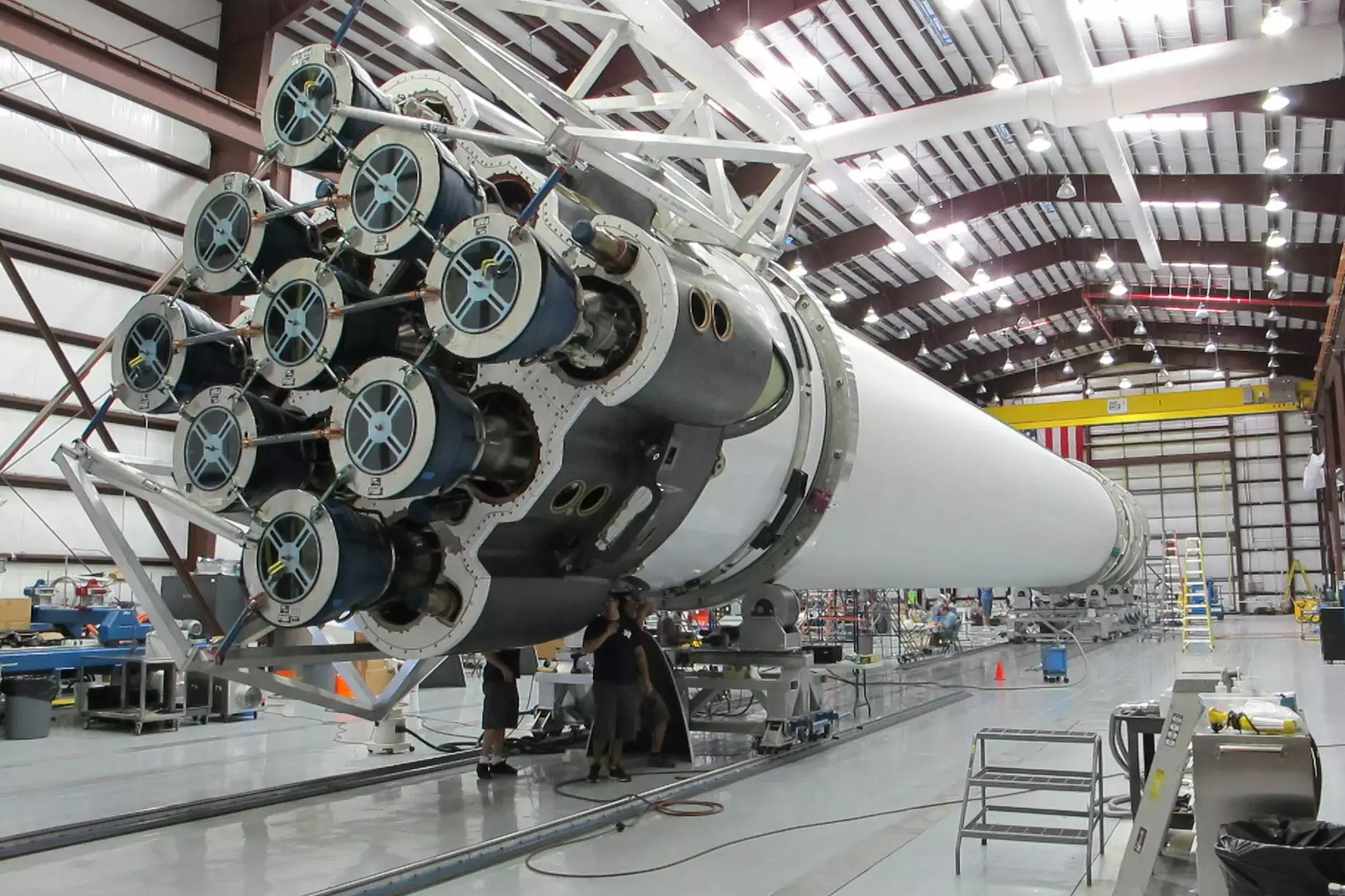The Vital Role of Machine Hydraulic Systems in Modern Industry

In today's fast-paced world, the importance of machine hydraulic systems cannot be overstated. From automobile manufacturing to motorcycle assembly, hydraulic machinery is the backbone of many industries. This article delves deep into the functionalities, benefits, and applications of machine hydraulic systems, emphasizing their role in driving efficiency and productivity.
Understanding Machine Hydraulic Systems
At its core, a machine hydraulic system utilizes liquids to transmit power. This method allows for the transfer of force through non-compressible fluids, providing an efficient means to perform heavy-duty tasks. The fundamental components of these systems include:
- Hydraulic Pumps: These devices create flow within the hydraulic system.
- Hydraulic Cylinders: These components convert hydraulic energy into mechanical energy.
- Hydraulic Fluid: The essential medium through which power is transmitted.
- Valves: Control the flow and direction of hydraulic fluid.
The Mechanics of Hydraulic Systems
A machine hydraulic system operates on the principle known as Pascal's law, which states that a change in pressure applied to a confined fluid is transmitted undiminished throughout the fluid. This principle is essential in designing effective hydraulic machinery. By manipulating the hydraulic pressure, operators can control the system with precision, enhancing operational reliability and efficiency.
Applications Across Different Industries
The versatility of machine hydraulic systems makes them applicable in several fields, notably:
- Automotive Industry: In the development of chassis and transmission systems.
- Motorcycle Manufacturing: In suspension systems and braking mechanisms.
- Aerospace Sector: For operating landing gears and controlling flaps.
- Construction: Used in machinery such as excavators, cranes, and bulldozers.
Advantages of Machine Hydraulic Systems
Adopting machine hydraulic systems presents numerous benefits, which include:
- High Power-to-Weight Ratio: Hydraulic systems provide significant force without requiring bulky equipment.
- Precision Control: Greater control over speed and position enhances operational accuracy.
- Versatility: They can operate a wide range of machinery effectively.
- Easy Integration: Can be incorporated into various machines without major redesigns.
Case Studies: Success Stories of Hydraulic Implementation
Numerous companies have effectively integrated machine hydraulic systems into their operations, achieving remarkable results. Here are a few examples:
- Company A: A leading automotive manufacturer reported a 30% increase in production efficiency after implementing hydraulic systems in their assembly line.
- Company B: A motorcycle parts supplier streamlined their operations, reducing turnaround time by 25% through hydraulic-driven machinery.
- Company C: In the construction sector, the integration of hydraulic systems resulted in a 40% decrease in equipment downtime.
Maintenance of Hydraulic Machines
Regular maintenance is critical to ensure the longevity and efficiency of machine hydraulic systems. Here are essential maintenance tips:
- Fluid Quality Check: Regularly monitor the hydraulic fluid for contamination.
- Leak Detection: Inspect hoses and fittings for leaks, which can cause performance issues.
- Regular Filter Changes: Replace filters to prevent fluid contamination and maintain system integrity.
- System Pressure Checks: Ensure that the pressure levels are optimal for safe and reliable operation.
Future of Machine Hydraulic Technology
The future of machine hydraulic systems looks promising, with ongoing advancements in technology aimed at enhancing efficiency and sustainability. Innovations such as:
- Electro-Hydraulic Systems: Combining electric drives with hydraulic systems for improved energy efficiency.
- Smart Hydraulics: Implementation of smart sensors and IoT technology for real-time monitoring and diagnostics.
- Eco-Friendly Fluids: Development of biodegradable hydraulic fluids to reduce environmental impact.
Conclusion
The significance of machine hydraulic systems in modern industry cannot be overlooked. Their ability to provide power, precision, and efficiency makes them indispensable in sectors ranging from automotive to construction. Businesses like Shop Hydraulic America are at the forefront, supplying high-quality hydraulic components and systems to keep industries moving forward. As technology continues to evolve, the potential for machine hydraulics expands, paving the way for innovative solutions that enhance productivity and sustainability.









